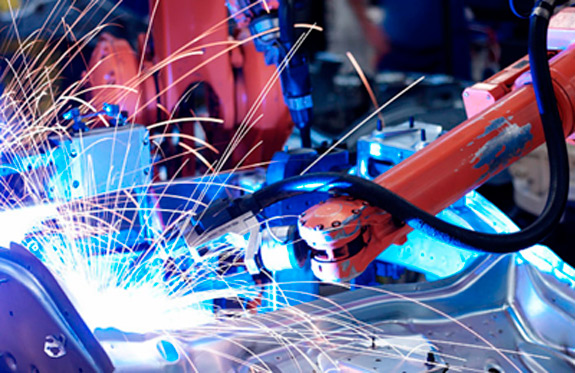In today's rapidly advancing automotive landscape, cars have evolved from simple machines with mechanical components to complex systems of interconnected electronics. One of the critical components responsible for this transformation is the Auto Electronic Control Module (ECM). Understanding the role of ECMs in modern vehicles is essential for both car enthusiasts and everyday drivers. In this blog, we will delve into the world of auto electronic control modules, exploring their functions, significance, and how they have revolutionized the automotive industry.
An engine electronic control module, often referred to as an Engine Control Module (ECM) or Powertrain Control Module (PCM), is essentially the brain of a modern vehicle. It's a compact computer that manages and regulates various systems within the car, ensuring optimal performance, safety, and efficiency. ECMs are an integral part of the vehicle's electronic control system, communicating with numerous automobile engine parts and actuators throughout the vehicle.
Engine Management
The auto electronic control module controls fuel injection, ignition timing, and air-to-fuel ratios to optimize engine performance and fuel efficiency. It monitors various engine parameters such as temperature, pressure, and airflow, making real-time adjustments for smooth operation.
Emission Control
Auto electronic control modules play a crucial role in reducing harmful emissions by managing the exhaust gas recirculation (EGR) system, catalytic converters, and oxygen sensors. They ensure that vehicles meet environmental regulations and emission standards.
Transmission Control
In automatic transmissions, ECMs manage gear shifting and torque converter lockup to provide a comfortable and efficient driving experience.
Vehicle Safety
ECMs work with other safety systems like anti-lock brakes (ABS) and traction control to enhance vehicle stability and prevent accidents.
The introduction of ECMs has had a profound impact on modern vehicles and the driving experience:
Improved Fuel Efficiency
ECMs optimize engine performance, leading to better fuel economy and reduced emissions.
Enhanced Safety
With the integration of ECMs into safety systems, vehicles are now equipped with advanced features like electronic stability control and adaptive cruise control.
Diagnostics and Maintenance
ECMs make it easier to identify and address mechanical issues, reducing downtime and repair costs.
Performance Tuning
Enthusiasts can modify ECM settings to enhance a vehicle's performance, from increasing horsepower to improving acceleration.
In conclusion, auto-electronic control modules are the unsung heroes of modern vehicles. They are responsible for the seamless integration of mechanical and electronic components, making our cars more efficient, safer, and environmentally friendly. As car electronic control unit continues to advance, ECMs will likely play an even more significant role in shaping the future of the automotive industry, paving the way for smarter, greener, and more connected vehicles. Understanding their role is not only fascinating but also essential for anyone interested in the world of automobiles.
